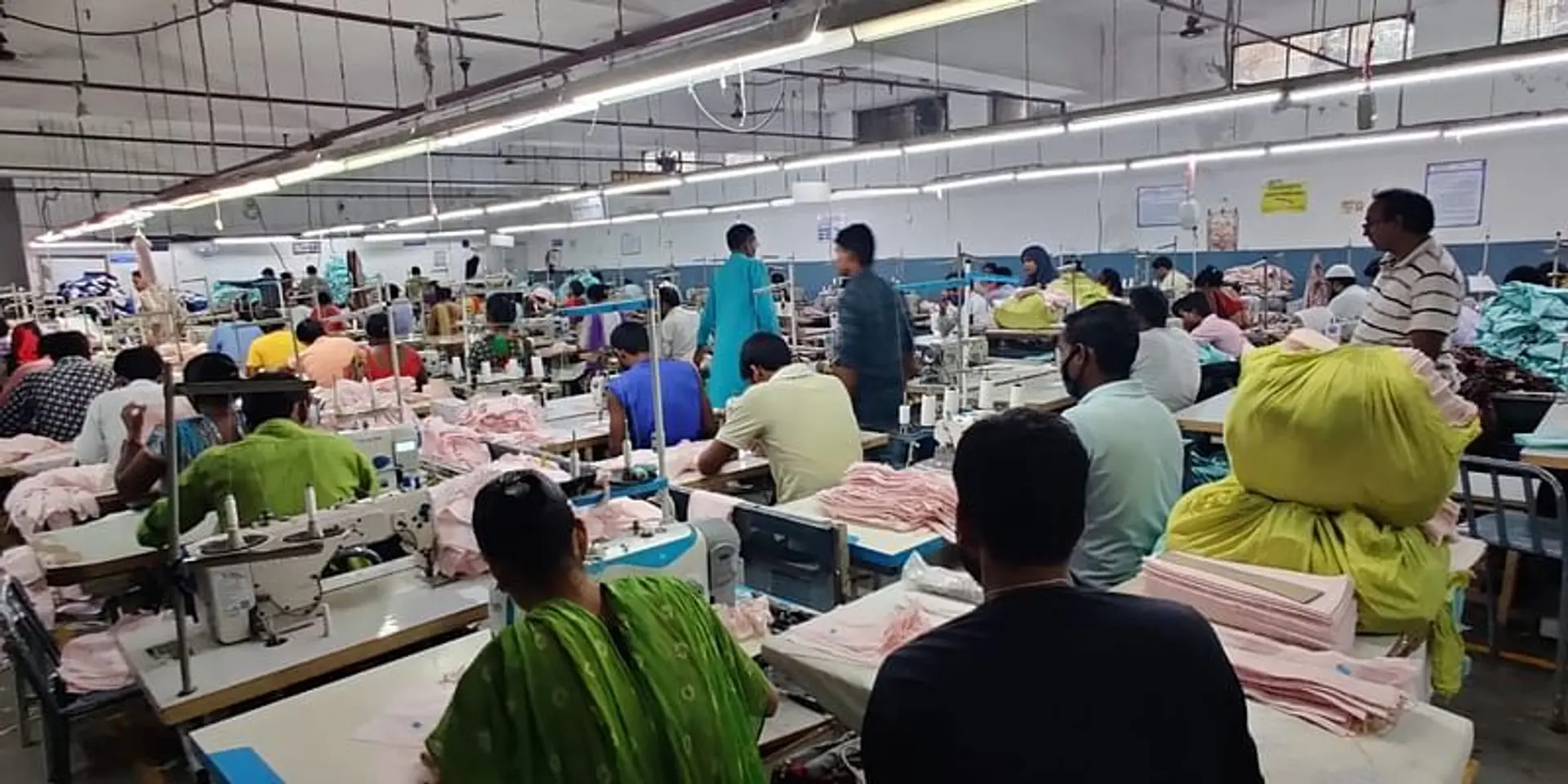Government revises local content rules to boost 'Make in India' preference
Major preference in government purchases is given to companies whose goods and services have 50% or more local content, a move aimed at promoting 'Make in India' and making the country self-reliant.
Imported items sourced from local suppliers and royalties, technical charges paid out of India as well as supply of repackaged or refurbished goods will be excluded from the calculation of local content, an official said.
These changes are included in the modified public procurement norms with the objective of giving maximum preference to companies that use higher levels of local content in their products.
The government prefers made-in-India goods in their purchases, which run into lakhs of crores of rupees every year.
Major preference in government purchases is given to companies whose goods and services have 50% or more local content, a move aimed at promoting 'Make in India' and making the country self-reliant.
The Public Procurement (Preference to Make in India), Order 2017, has introduced a concept of Class-I, II and non-local suppliers, based on which they will get preference in government purchases of goods and services.
Making modifications to the definition of 'local content', the Department for Promotion of Industry and Internal Trade (DPIIT) has revised the 2017 order, the official said.
"Imported items sourced locally from resellers/distributors, license fees/royalties paid/ technical charges paid out of India, procurement/supply of repackaged/refurbished/rebranded, shall be excluded from the calculation of local content," the order said.
It also said that the procuring entities will have to obtain from bidders, the cost of such locally-sourced imported items (inclusive of taxes) along with break-up on license/royalties paid/technical expertise cost sourced from outside India.
OEM (original equipment manufacturer) certificates for country of origin have to be provided for the items sold by the bidder as resellers, it said.
It added that this will also address the concerns of the stakeholders regarding the import of refurbished/rebranded/repackaged goods and services being shown as Make in India and also being included in the local content calculation for becoming a Class-I local supplier.
The amendment was done following the feedback received from stakeholders, observations from the scrutiny of tenders/ analysis of grievances and the comments/suggestions received from inter-ministerial consultations to strengthen its provisions and to incentivise local manufacturing and encourage domestic manufacturers to enhance income and employment.
"For contract involving the supply of multiple items, the weighted average of all items has to be taken while calculating the local content," the official added.
The order also states that a penalty of up to 10% of the contract value may be imposed in case the contractor/ supplier does not meet the stipulated local content requirement and the category of the supplier changes from Class-I to Class-II/ Non-local or from Class-II to Non-local.
It further said that the makers manufacturing an item under the PLI (production-linked incentive) scheme shall be treated as deemed Class II local suppliers for that item unless they have minimum local content equal to or higher than that notified for Class-I local suppliers for that item for the specified period.
Class-I local suppliers get the most preference in all government purchases because their domestic value addition is 50% or more. They are followed by Class-II suppliers, whose value addition range is more than 20% but less than 50%.
Class-I local supplier means a supplier or service provider, whose goods, services or works offered for procurement have local content equal to or more than 50%.
In general, under the Public Procurement (Preference to Make in India) Order, it was envisaged that all central government departments, their attached or subordinate offices and autonomous bodies controlled by the Government of India should ensure that purchase preference will be given to domestic suppliers.




